 (2).jpg)
22 June 2021 - 09:46 BY Louw
Where Do I Start? Actor’s Tool To Start
I am a very practical person. Not necessarily good working with my hands kind of practical, but more like, give me something I can actually physically DO to improve my craft. I love having practical tools to help me grow and become a better actor. Where do you start?
The most important place to start is with listening. Sounds simple. The idea of listening is simple. The ability we have as human beings to do it well, not so much. We tend to think more about what we want to say in any given conversation than truly listening to the person opposite us.
As actors we also tend to fall into that habit when performing. We tend to focus more on ourselves, thinking it will help us give a better performance, which in contradiction, is the opposite. We have better performances when we give ourselves fully to our co-actor by listening. Then in return we respond much more truthful and with depth.
I want to share this simple exercise tool with you which you can use at home or anywhere you find yourself with two partners. Ask a brother, sister, mother, father, friend or fellow tribe-members. I’m sure you can even do it with just the two of you, but to start with, get someone to help guide you.
Working on exercises is important, but it cannot become more important than the scenes themselves. It’s necessary, I believe, to work on exercises that unlock or unblocks you physically and emotionally. It guides you to confidence. But sooner or later, you will need to do a scene – and a director in an audition room will not ask you to do an exercise, but a scene. First, build a foundation before walking into that audition room and make sure you give them the best version of yourself.
Tool to try:
- This is an exercise/technique by Dr. Nathaniel Branden which he uses in his psychotherapy sessions. In his book, Acting For The Camera, Tony Barr found this exercise extremely helpful to acting students.
- “Two actors sit on the floor facing each other, as close as they can be without touching, and get into any position that is comfortable for them.
- One actor is the listener; the other is the speaker. The listener has absolutely no obligation in this exercise except to look directly at the other person and to listen fully. She need not make any response whatsoever, but if she feels she wants to, or if she makes an involuntary one, that is fine. If nothing happens, that’s also fine. In other words, the listener should have no need or wish to perform, but should only listen.
- The speaker is then given a series of incomplete sentences. In each case, the speaker repeats the dictated first part of the sentence, then finishes it. Then she repeats the first part again with a new ending, repeating the procedure until the teachers (or 3rd partner) gives the speaker another incomplete sentence. For example, the teacher might say, (Edwin own reference) ‘The best thing about studying acting is’ The speaker might say (Edwin own reference), ‘The best thing about studying acting is I don’t have to do mathematics. The best thing about studying acting is I can become famous.’ The speaker continues until the teacher changes the incomplete sentence.
- The new one is (Edwin’s own reference), “When I was little I use to…” and the speaker might say, “When I was little I use to have a favourite blanket called NoeNoe.” Incidentally, the actors are told to invent an ending if no real one occurs to them; the content doesn’t matter as long as the continuity and rhythm of the exercise are not broken.
- Somewhere along the way, the speaker will consciously or unconsciously reveal certain feelings about some of the things she is saying.
- The listener, having no obligation but to listen, will in most instances perceive those feelings, however subtle they might be. And again, in most instances, the listener will begin to respond: she may laugh or smile; she may cry; she may shake her head with disbelief. The listener learns that she will perceive things that she would not otherwise perceive if she trusts her listening faculty. Most importantly, she will frequently begin to feel, because the process of listening in itself will generate emotion, and the actor’s biggest problem in most cases is to generate genuine emotion in imaginary circumstances.
- The listener also finds that she will have occasional impulses to physicalize (move or touch) due to the feelings generated in the exercise, and it is marvellous to learn that such impulses will be generated by listening to the other actor. This is a major part of the actor’s work (and an all too often neglected part), since the other person is one of the most important sources of stimuli in virtually any scene of any screenplay or play.
- The actor is also responsive to the many stimuli within herself. However, in the long run, the best scenes are usually those in which the give-and-take between the actors is rich and full and imaginative and, above all, real – a result best achieved by truly listening. “
Notes on Exercise: We are ofcourse terrified that we might, for example, forget our lines or be late on cues, but focusing on lines and cues removes you from the scene and out of a truthful reaction. Instead, train to truly listening and let the various stimuli hit you. Do you want to be an actor who remembers lines and is always on cue, but mediocre performances and far from honest; or would you rather trust in the stimuli and reaction to truthfully guide you to your next line, responding truthfully and honestly, and not just that, but with dynamics and energy.
By opening up to “hear” everything is what generates great performances. And here’s the thing – in film, if it’s wrong or you miss a beat, it can be done again, and most of the time the director only needs one good take. Use that thought to your advantage.
I had seen some of the best and most exciting performances when actors did nothing, not even speaking but just listening and reacting. Manchester by The Sea (Casey Affleck), Taxi Driver, (Robert de Niro), – A Streetcar Named Desire (Marlon Brando), … sometimes by truly opening up, listening, “hearing” with all your senses, is what generates your best reactions in film.
Steps to Remember:
1: Two actors sit on the floor facing each other.
2: One actor – Listener, the other – Speaker.
3: Listener no other objective than to look at other actor and listen fully. If the listener responds – it’s fine and if not, it’s also fine. No need to perform – just simply listen.
4: Give the speaker series of incomplete sentences. The speaker repeats the first part of the sentence and then finishes it.
5: Give a new sentence to the speaker. They can make up endings. Speaker repeats process – repeat the incomplete sentence and finishes the last part.
6: Keep rhythm, don’t worry about content.
7: Look for Speaker showing signs (consciously or subconsciously) revealing certain feelings about things being said.
8: Look for signs of the listener (only objective to listen) that reveal them perceiving the Speakers feelings – and then responding… Smile, laugh, shake the head, scoff, look away, cry, brow lift or frown.
9: Stop exercise. Ask them how it felt and what they experienced? Then reveal Listeners reactions. Also generated real emotions in imaginary circumstances. Also, a tool to let emotion be generated and not decide before a line.
10: Explain lesson: Listener learns to trust their listening and perceived things they would not have otherwise perceived.
Exercise Objective/Bottom-Line: Learn to trust Listening.
Why? Learn to generate honest reactions, which will lead to an honest performance.
How? Do exercise with a partner or between friends. Do it the day before the shoot – reminding exercising your listening muscle.
When? Once a week in the beginning. Train it like a muscle and the day before you will shoot.
FREE LIST OF EXAMPLES YOU CAN USE:
Incomplete sentences:
- “The best thing about studying acting is…”
- “The first thing I do when I wake up is…”
- “In school I use to…”
- “My parents taught me that…”
- “When I was a child I…”
- “The thing I most want to achieve in life is…”
- “When I was 10 years old I use to…”
- “My earliest memories of being a child is…”
- “If I could have a super power it will be…”
- “The worst thing I ever did was…”
- “I dream mostly about…”
- “When I was little the happiest time was…”
- “The earliest memory of my mother…”
- “I sometimes wonder…”
- “If I was the most influential person in the world I would…”
- “When I was little my greatest fear was…”
- “My family…”
- “I’ve always believed that I…”
- “I wish I…”
- “In school my teacher…”
- “Compared to most families mine is…”
- “I believe I have the ability to…”
- “My secret ambition in life…”
“To grasp the full significance of life is the actor’s duty, to interpret it is his problem, and to express it his dedication.”
Marlon Brando
How did you find the technique/tool/advice? Did it work for you? What was different this time? Share with the tribe and let’s keep on creating beautiful, honest and memorable performances. Let’s execute our best selves!
Kind regards
Edwin van der Walt
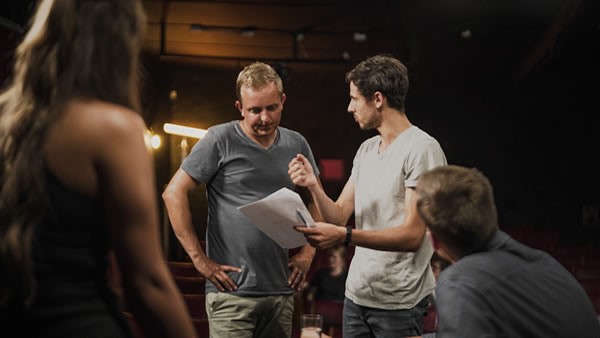
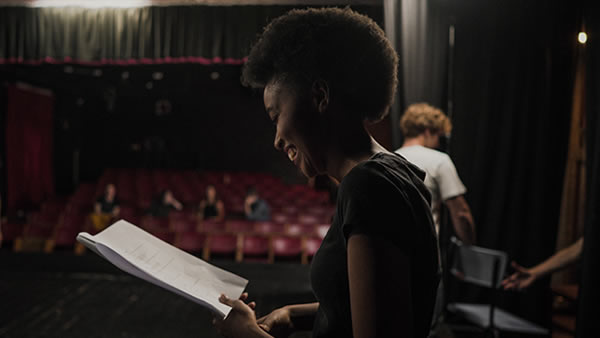

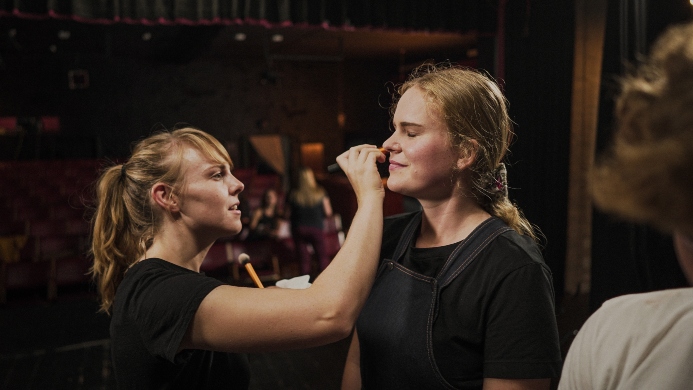
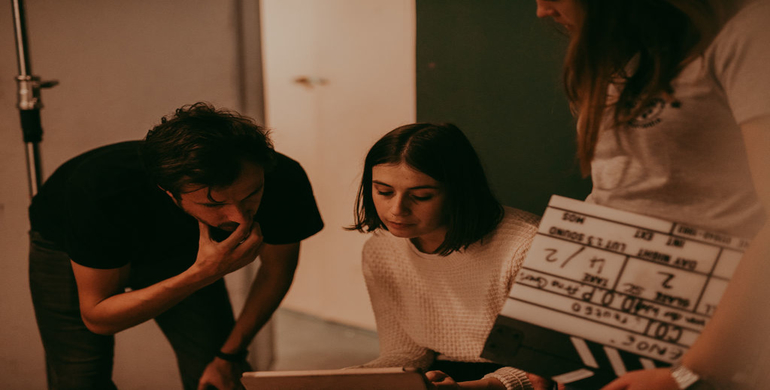

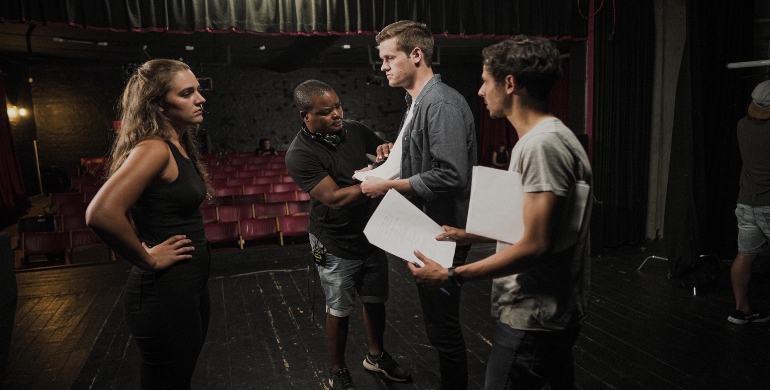
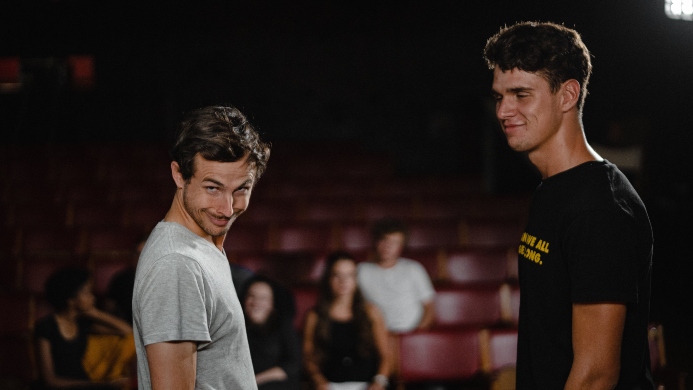
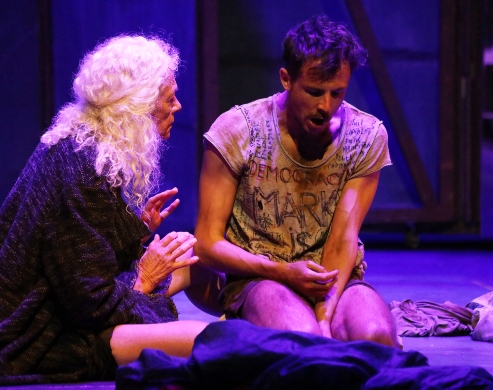

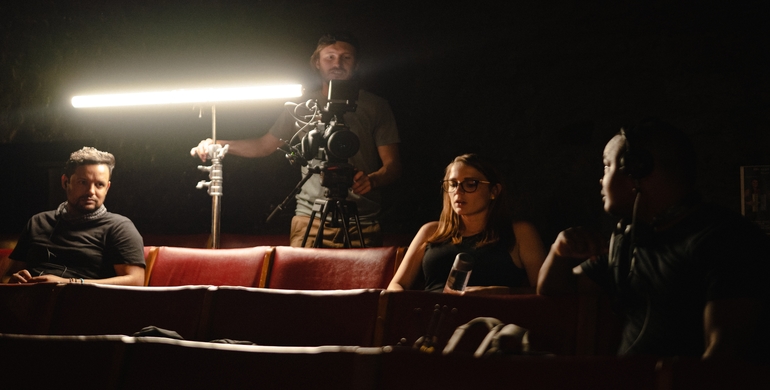
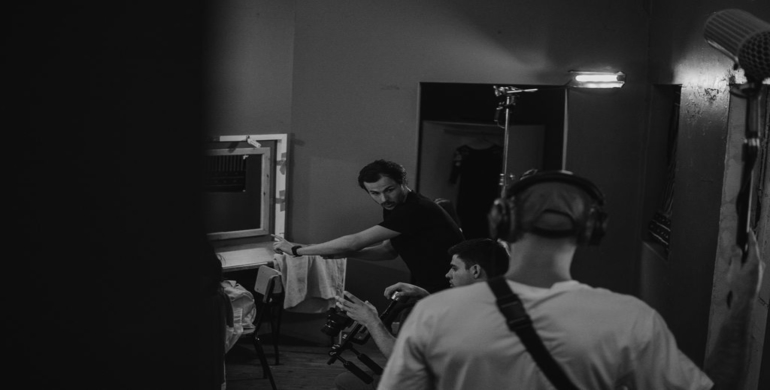
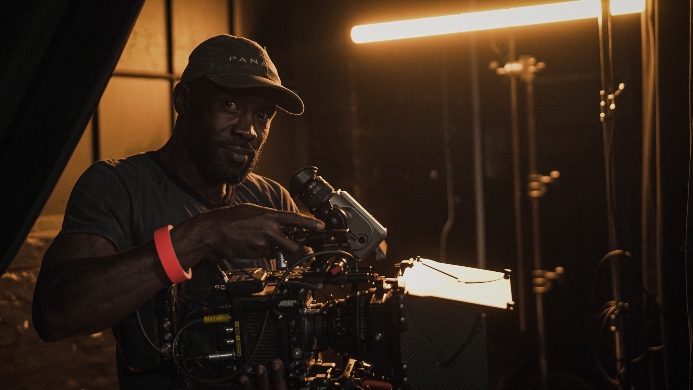
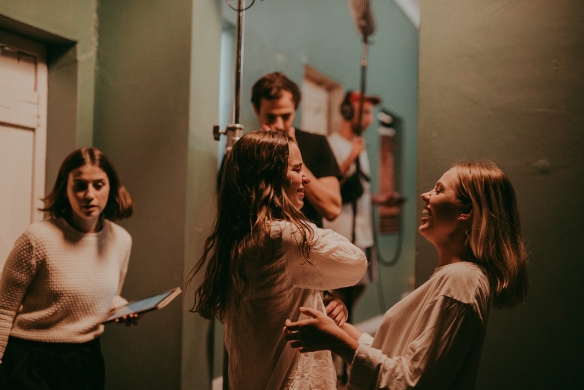
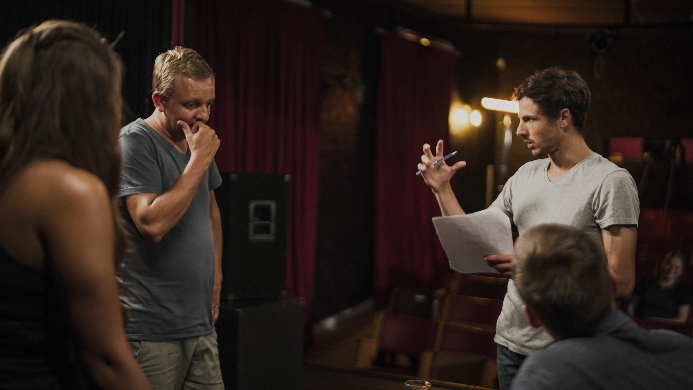
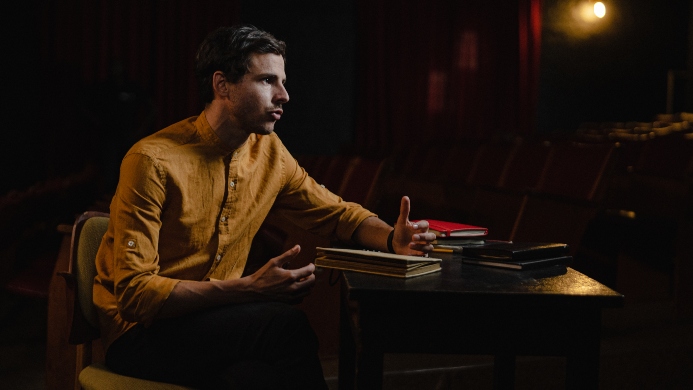
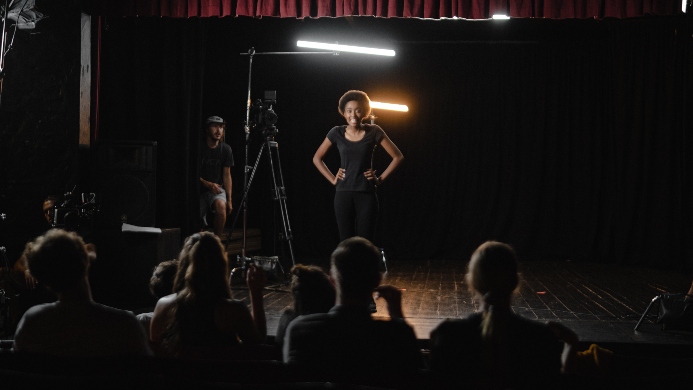
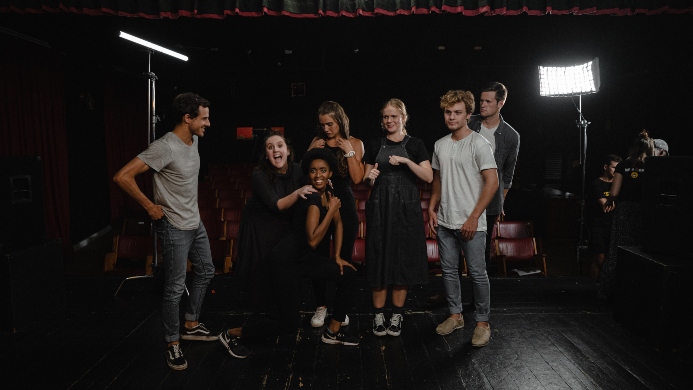
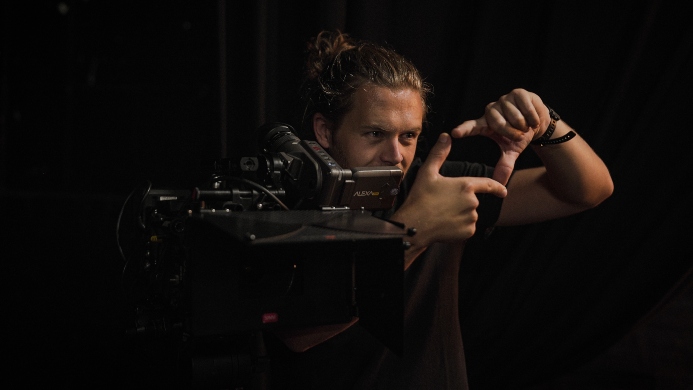
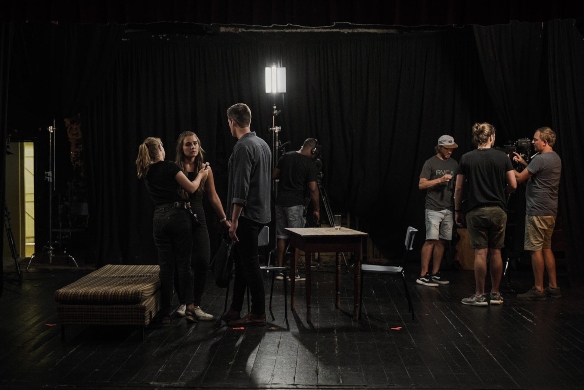
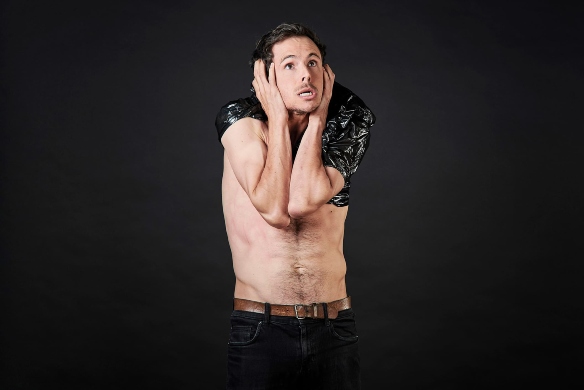
 1.jpg)
.jpg)
 (1).jpg)
 (1).jpg)
 (1).jpg)
 (1).jpg)
 (1).jpg)
 (1).jpg)
 (1).jpg)
 (1).jpg)
 (1).jpg)
 (1).jpg)
 (1).jpg)
 (1).jpg)
 (1).jpg)
 (1).jpg)
 (1).jpg)
 (1).jpg)
 (1).jpg)
 (1).jpg)
 (1).jpg)
 (1).jpg)
 (2).jpg)
 (1).jpg)
.jpg)
 (1).jpg)
 (1).jpg)
 (1).jpg)
.jpg)
 (1).jpg)
 (1).jpg)